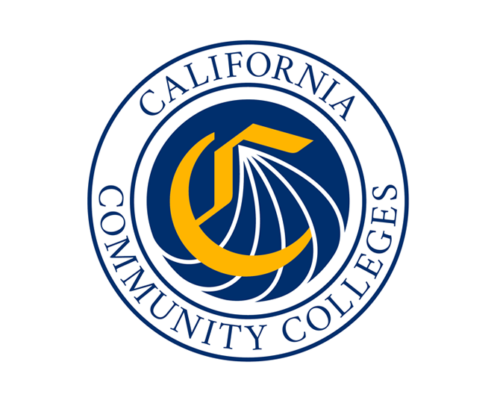
Suzanne Potter, producer/reporter, California News Service, a bureau of Public News Service.
Glitches last winter with federal student aid forms, known as the FAFSA, led the feds to temporarily relax document verification standards – creating fertile ground for bad actors seeking to defraud California colleges.
State data first reported by EdSource show that fraudsters have stolen more than $7.5 million in student financial aid from California community colleges so far this year.
The theft amounts to less than one-tenth of 1% of student aid awarded in the Golden State.
Community Colleges fight back
Victor DeVore, dean of student services with the San Diego Community College District, said they use technology to flag suspicious applicants and require them to submit proof of identity and residency. However, it’s still a game of cat and mouse.
“Last year, we had about 10,000 fraudulent applications that we blocked,” said DeVore. “But even with that, every time we have some kind of metric or filter, the fraudsters are able to get through that.”
The California Community College Chancellor’s office says about 25% of applications are flagged as suspected fraud, up from 20% two years ago – as fraud and its detection become more sophisticated.
Back during COVID, the problem was worse. That is when a lot of classes went online, making it difficult to require students to get financial aid checks in person.
The downside is that financial fraud means less money goes to students in need, and those who really want an education may be locked out.
Nicole Albo-Lopez, vice chancellor of educational programs and institutional effectiveness with the Los Angeles Community College District, said the enrollment fraud that goes with it has real consequences.
“The biggest frustration is when our classes are being filled by individuals that have no intention of actually attending the class,” said Albo-Lopez, “keeping students from completing their educational goals within a preferred time frame, because they’ll have to wait a semester or two to be able to take that class.”
Many schools now require students to meet via Zoom with staff trained to detect fraud, and they drop students who haven’t verified their identity a few weeks before classes start.
Support for this reporting was provided by Lumina Foundation.


